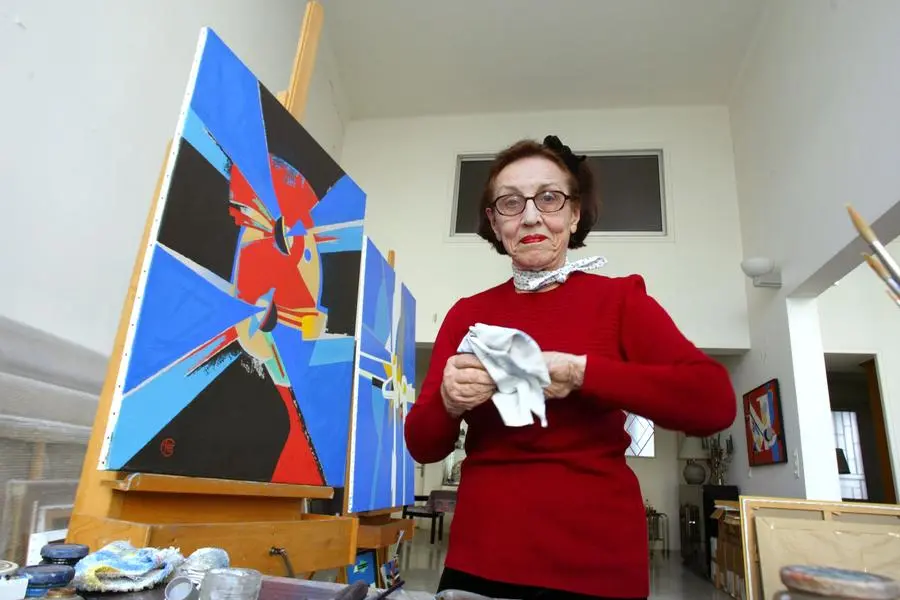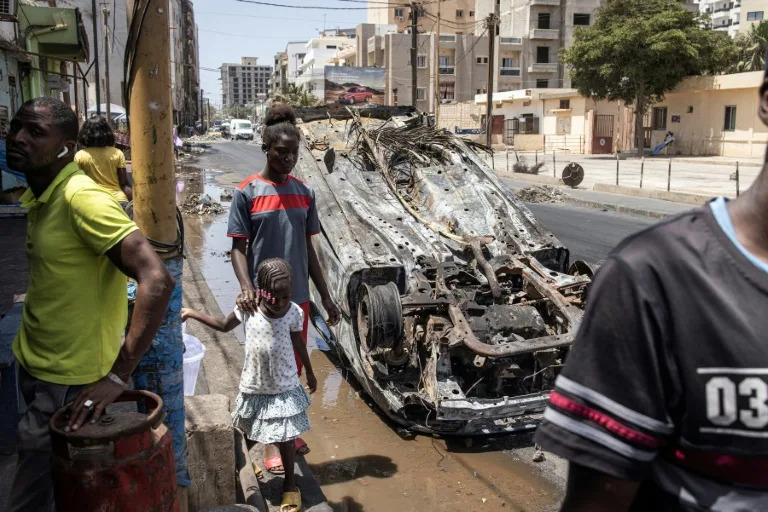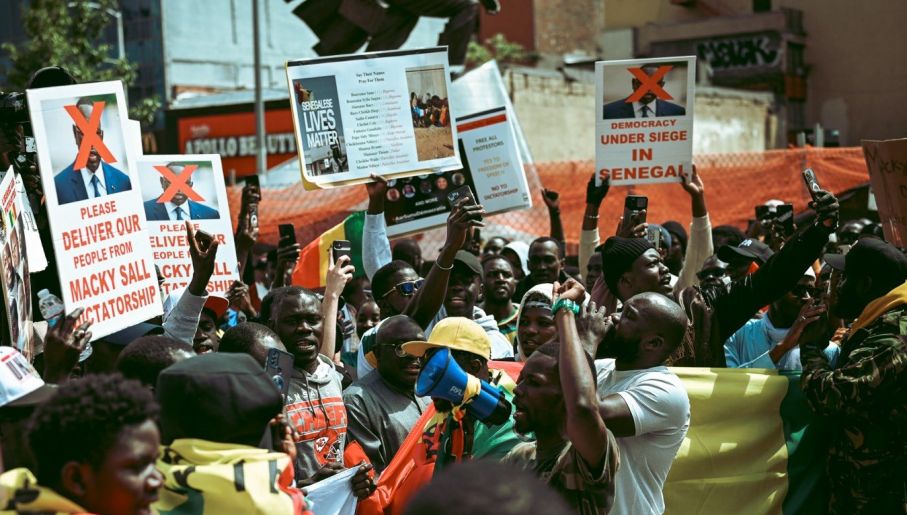France's Francoise Gilot, who died Tuesday aged 101, survived what she called the "hell" of being Spanish artist Pablo Picasso's mistress and muse to become a renowned artist in her own right.
The Picasso Museum in Paris confirmed her death to AFP, after the New York Times reported Gilot had passed away following recent heart and lung ailments.
While two of the other women in Picasso's life died by suicide, and two others had mental breakdowns, Gilot stood up to the giant of modern art, and was the only woman to leave him of her own accord.
"Pablo was the greatest love of my life, but you had to take steps to protect yourself. I did, I left before I was destroyed," she confided in Janet Hawley's 2021 book "Artists and Conversation".
"The others didn't, they clung on to the mighty Minotaur and paid a heavy price," she said, referring to Picasso's first wife, dancer Olga Khokhlova, who lapsed into depression after he left her; his former teen lover, Marie-Therese Walter, who hanged herself; his second wife Jacqueline Roque, who shot herself; and his best-known muse, artist Dora Maar, who had a nervous breakdown.
The painter of "Guernica" was, she said, "astonishingly creative, a magician, so intelligent and seductive... But he was also very cruel, sadistic and merciless to others, as well as to himself."
 |
1943
|
- Bowl of cherries -
Gilot was 21 and a budding painter when she first met Picasso, who was 40 years her senior and married to Russian dancer Khokhlova, in occupied France during World War II. At the time of the meeting he was also the lover of French photographer, painter and poet Maar.
The meeting took place in a Paris restaurant in the spring of 1943 when he brought a bowl of cherries to her table and an invitation to visit his studio.
Lovers for 10 years, they never married but had two children, a son, Claude, born in 1947, and a daughter, Paloma, in 1949.
He often painted her, portraying her as the radiant and haughty "Woman-Flower" in 1946. In "Femme assise" (1949), which sold for £8.5 million ($9.6 million) at auction in London in 2012, he depicted her while heavily pregnant with Paloma.
In 1948, photographer Robert Capa captured the couple on a beach, with Picasso playing in the sand with his son, dutifully carrying a shade over Gilot's head.
When she decided to walk out on him in 1953 and resume painting he took it badly.
He told her she was headed "straight for the desert". From then on his entourage snubbed her and her work.
"In France things had got rather difficult for me... leaving Picasso was seen as a big crime and I was no longer welcome," she was quoted as saying by Sotheby's in 2021.
The diminutive and slender brunette became a US citizen and did not go to his funeral in 1973.
 |
| IN HER STUDIO 1953 |
- Tyrannical -
Born on November 26, 1921, at Neuilly-sur-Seine to the west of Paris to a well-to-do family, she followed in her mother's footsteps starting out as a watercolour artist, before moving on to drawing and painting.
Her parents wanted her to become a lawyer, but she abandoned her studies at the age of 19. By 21 she was already one of the most respected artists of the emerging School of Paris, which grouped French and emigre artists in the capital during the first half of the 20th century.
As she developed, she increasingly produced minimalist, colourful works and over her career signed at least 1,600 canvasses and 3,600 works on paper.
In her 1964 book "Life with Picasso" she portrayed him as a tyrant. Picasso failed in a legal bid to get the book banned, and retaliated by refusing to see her and their children.
She also wrote a book in 1991 on Picasso's complicated love-hate relationship with the other giant of modern art, Matisse, with whom she was friends.
The two other men in her life were painter Luc Simon, with whom she had a daughter Aurelia, and American virologist Jonas Salk, inventor of the first polio vaccine, whom she married in 1970 and lived with in California until his death in 1995.

Gilot spent the last years of her life in New York, where she continued painting into her nineties.
In 2021 her painting "Paloma a la Guitare", a 1965 portrait of her daughter, sold for $1.3 million at Sotheby's in London.
Her work graced the walls of the Metropolitan Museum of Art and the Museum of Modern Art in New York, as well as the Centre Pompidou in Paris.

Artist Francois Gilot poses with her work at a personal art exhibition in Milan, Dec. 21, 1965. Gilot, a prolific and acclaimed painter who produced art for well more than a half-century but was nonetheless more famous for her turbulent relationship with Pablo Picasso — and for leaving him — died Tuesday, June 6, 2023, in New York, where she had lived for decades. She was 101. (AP Photo, File)

FILE - Dr. Jonas Salk, right, developer of the polio vaccine, and artist Francoise Gilot appear following their civil wedding at Paris Neuilly Town Hall on June 30, 1970. Gilot, a prolific and acclaimed painter who produced art for well more than a half-century but was nonetheless more famous for her turbulent relationship with Pablo Picasso — and for leaving him — died Tuesday in New York, where she had lived for decades. She was 101. (AP Photo/Laurent Rebours, File)

FILE - Artist Francoise Gilot appears during an interview with Reginald Bosanquet in London on March 3, 1965, in connection with the publication of her book, "My Life With Picasso." Gilot, a prolific and acclaimed painter who produced art for well more than a half-century but was nonetheless more famous for her turbulent relationship with Pablo Picasso — and for leaving him — died Tuesday, June 6, 2023, in New York, where she had lived for decades. She was 101. (AP Photo/Bob Dear, File)






















